Amid the onset of COVID-19, Xpress took a deep dive into the city’s past response to the 1918 influenza. The series, which ran in our weekly history feature, Asheville Archives, examined the ways residents complied with, and later raged against, health restrictions, as well as the lasting toll the pandemic had on families who lost loved ones to the virus.
Below is the complete 1918 influenza series.
‘For medical purposes’: Two gallons of whiskey and a pandemic
In the midst of the 1918 influenza, one local resident attempted to use the health crisis to aid his legal defense.
‘Take the cure’: Exploiting the 1918 influenza
In 1918, as cases of influenza increased, local Asheville businesses sought ways to use the pandemic to increase sales.
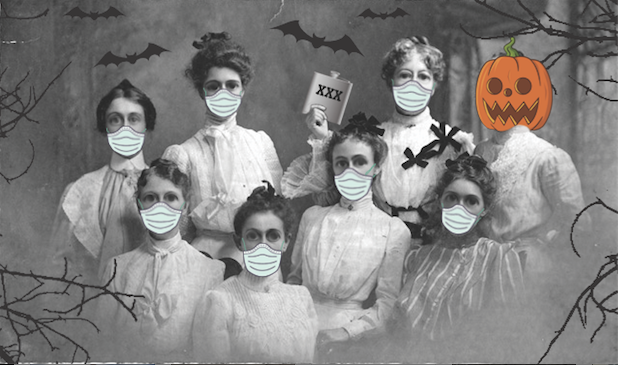
Flasks and masks: The 1918 influenza changes social norms
In October 1918, in the midst of a worldwide influenza pandemic, Asheville residents opted to wear medical masks as opposed to Halloween costumes.
‘An epidemic conquered’: How wishful thinking helped spread the 1918 influenza
Throughout November 1918, local health officials and residents continued their efforts to contain the spread of influenza. But as December neared, the city seemed eager to get back to business as usual, despite the risks involved.
‘Storm of protest’: Residents resist the city’s 1919 influenza safety measures
In January 1919, Buncombe County reported 141 new cases of the influenza over a 72-hour period. In response, Dr. Carl V. Reynolds, the city health officer, announced a new ban on social and fraternal gatherings. Displeased residents spoke out against the latest safety measures.
The selfish and selfless: What residents learned in the immediate aftermath of the 1918 influenza
“I have no desire to frighten Asheville or to create any unnecessary alarm,” declared Dr. Carl V. Reynolds on Sept. 6, 1919. “But I do feel that the public should get a warning of the danger of failing to take steps to prevent a return of influenza here.”
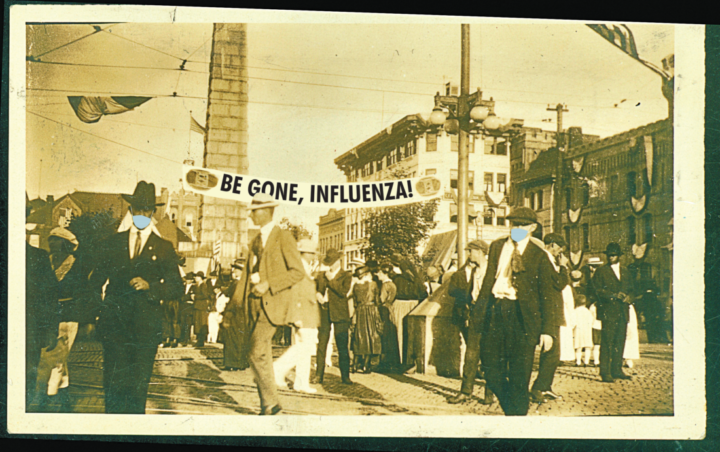
Not again!: City confronts the latest influenza outbreak, 1920
As 1920 began, so too did the city’s latest bout of influenza. An initial six cases quickly skyrocketed to 232. Once again, the city was confronted by a highly contagious virus that needed to be curtailed.
‘Final note of horror’: Death during the 1918 influenza and its lasting toll
“I think the Asheville I knew died for me when Ben died,” author Thomas Wolfe wrote in a 1929 letter. Wolfe’s older brother Ben perished on Oct. 19, 1918, from complications resulting from influenza.



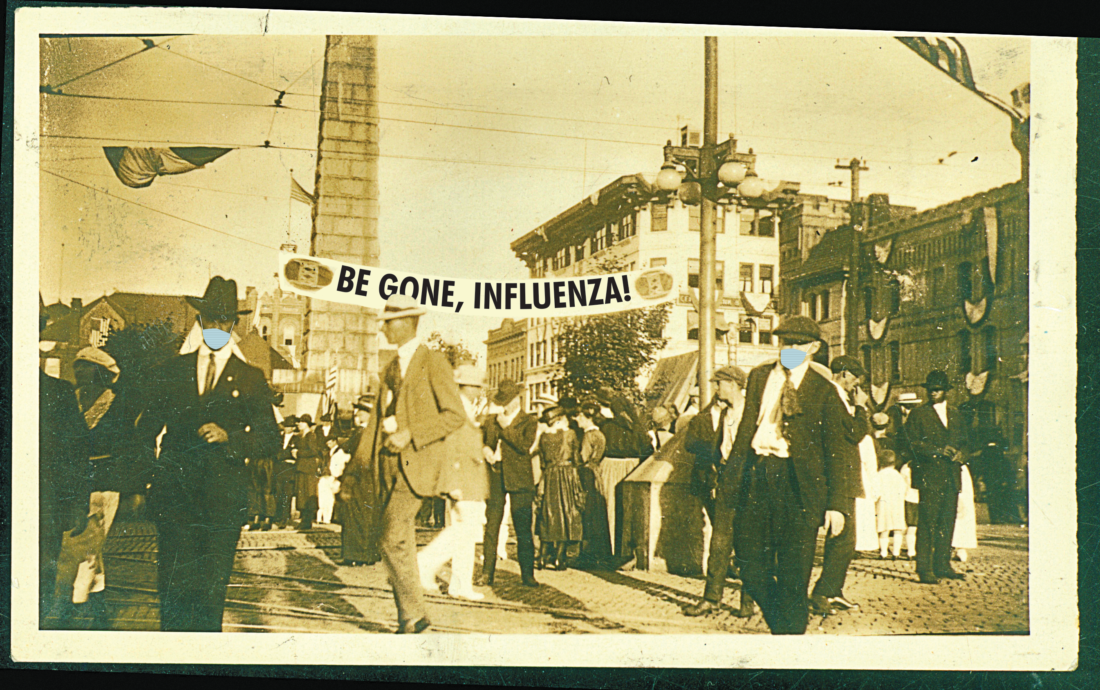
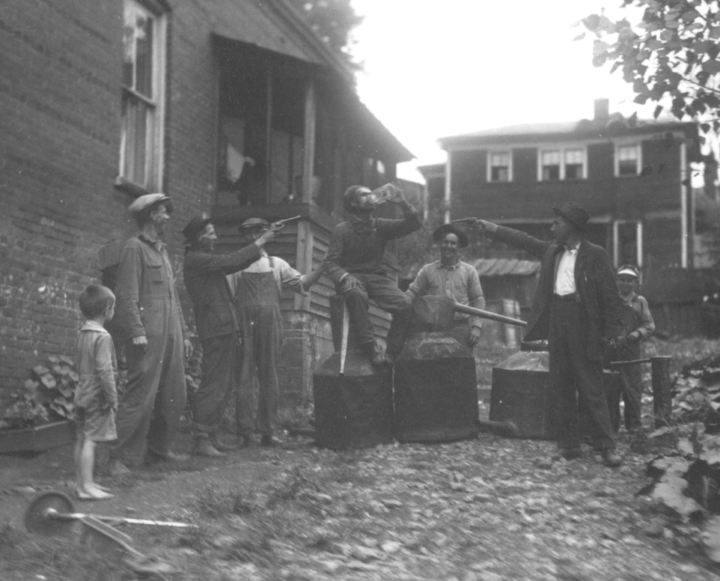
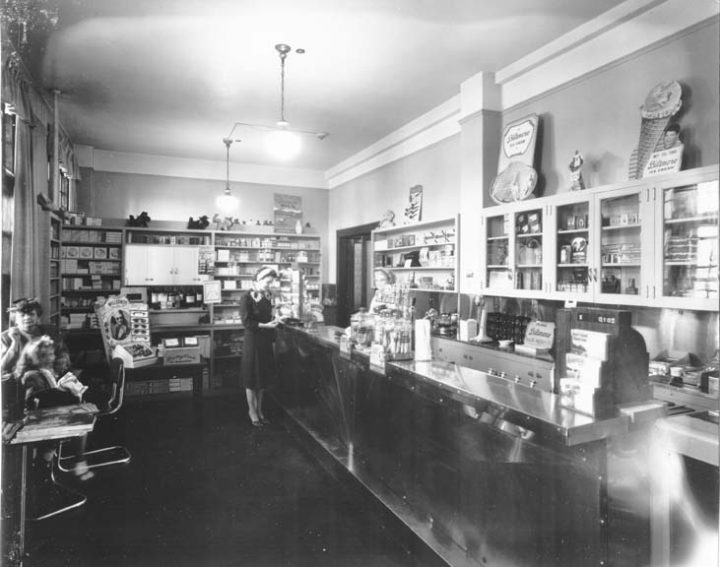
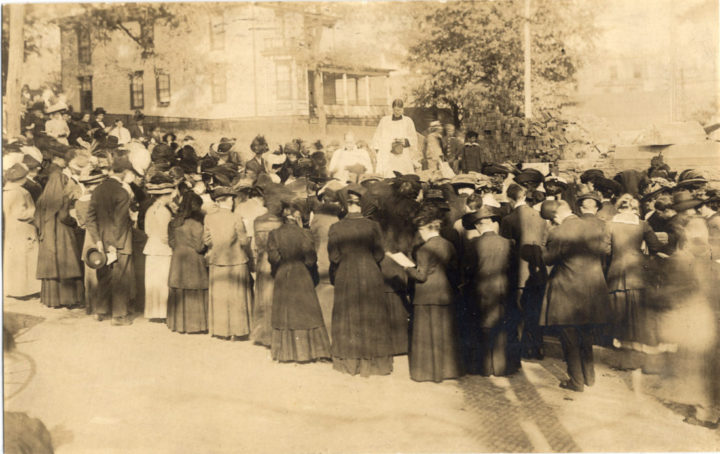

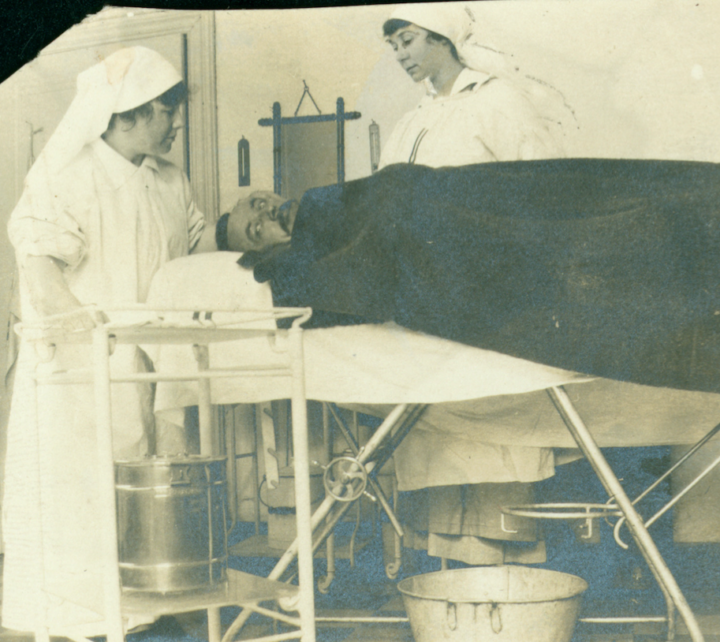
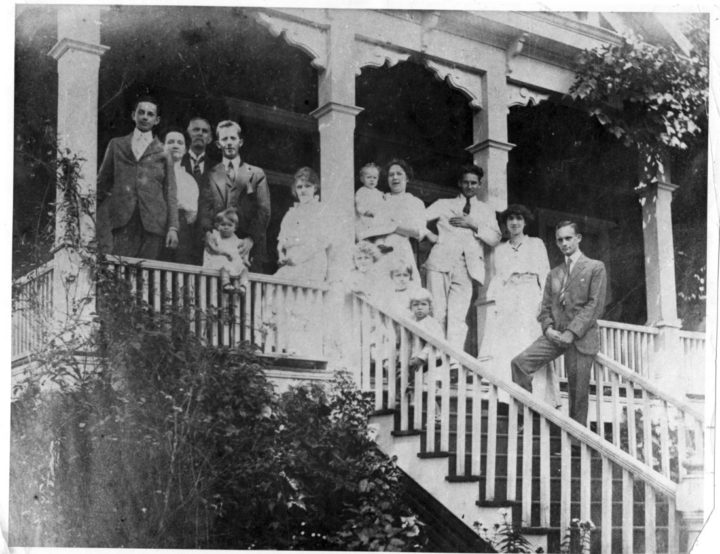
Before you comment
The comments section is here to provide a platform for civil dialogue on the issues we face together as a local community. Xpress is committed to offering this platform for all voices, but when the tone of the discussion gets nasty or strays off topic, we believe many people choose not to participate. Xpress editors are determined to moderate comments to ensure a constructive interchange is maintained. All comments judged not to be in keeping with the spirit of civil discourse will be removed and repeat violators will be banned. See here for our terms of service. Thank you for being part of this effort to promote respectful discussion.